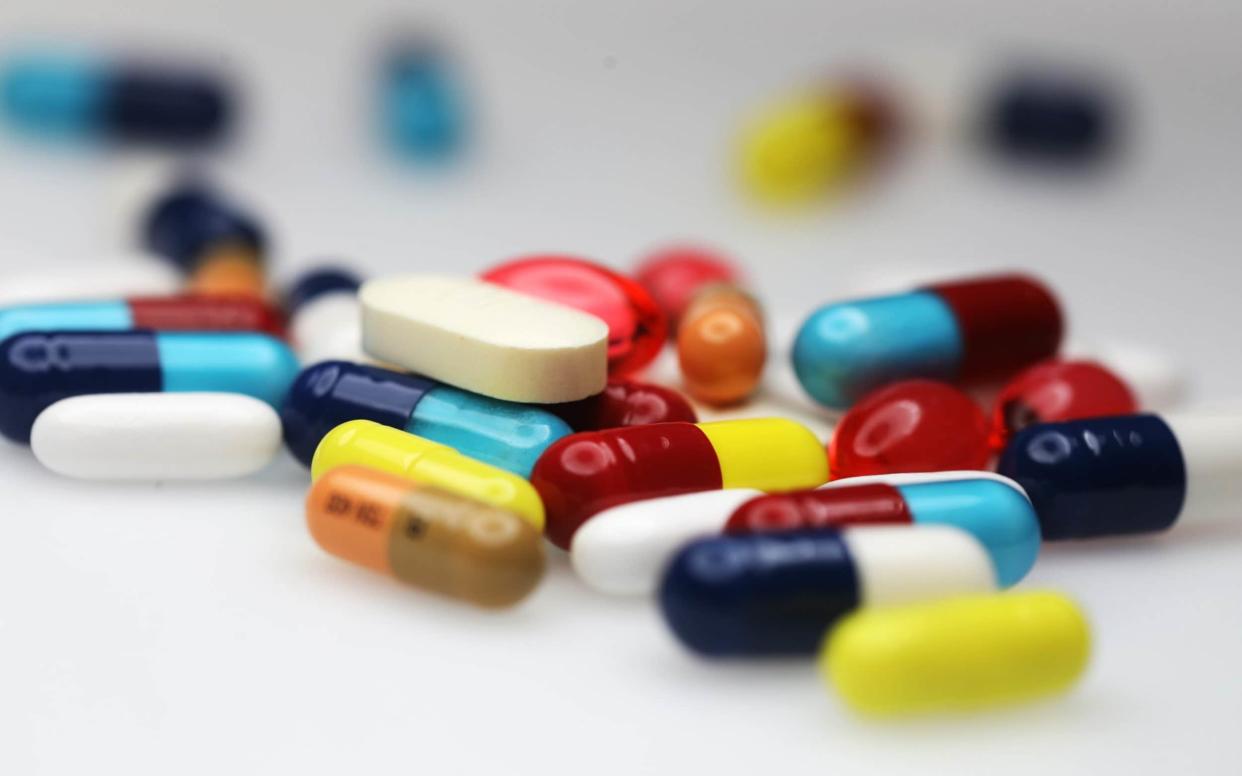Governments urged to stockpile antibiotics for a future flu pandemic

Stockpiling antibiotics to use in the event of a pandemic influenza outbreak could save billions of pounds worldwide, according to a new analysis.
In the first study to model the financial value of holding antibiotics back to use in a global flu outbreak, researchers have found that an effective drug would save the world between $3 and $4 billion (£2.3 to £3.1 billion). The official report into the 2009 swine flu epidemic found that it cost the UK alone £1.24 billion.
Between 50 and 100 million people died during the 1919 Spanish flu pandemic when the virus swept across the globe but the vast majority of these deaths were caused by secondary bacterial infections rather than the flu virus itself.
With the arrival of antibiotics in the 1940s, the risk of dying from infections dramatically reduced. But with the growing threat of antibiotic resistance, experts are concerned that the death toll in future pandemics could be severe.
“Most people don’t realise that what kills people during a pandemic is not just an influenza virus, but a secondary bacterial infection,” said Ramanan Laxminarayan, director at the Center for Disease Dynamics, Economics and Policy in the United States, and senior author of the study.
“In many instances we don’t have effective antibiotics, this is a problem that keeps people awake at night.”

“Make no mistake, it’s inevitable that there will be another flu pandemic - it may happen next year, or in the next 15 years, but it is inevitable and we cannot prevent it,” he added. “There is huge value in stockpiling and withholding antibiotics so we are prepared.”
The research, published in the journal Health Economics, created a mathematical framework to estimate the cost of illness, based on UK preparedness plan assumptions.
It urges governments to create a stockpile of both new and existing antibiotics for worst case scenarios. The savings generated from creating a stockpile of drugs ready to be deployed immediately come from the economic cost of a high death toll, treatment avoided and the working days lost.
“Our model captures the economic benefit through time of withholding antibiotics,” said Itamar Megiddo, a research fellow at the University of Strathclyde. “This is important to understand how much we should pay for antibiotics that we do not immediately use.”
Prof Laxminarayan added that funding antibiotic research based not on quantity used but long-term potential would also encourage new developments.
“If a framework like this came into being, it would act as a mechanism to drive innovation from drugs companies," he said. "Antibiotic resistance is a problem on a day to day basis, but it is really during a pandemic influenza that we will see the real scale of the problem. We must prepare."

Protect yourself and your family by learning more about Global Health Security

 Yahoo News
Yahoo News 
